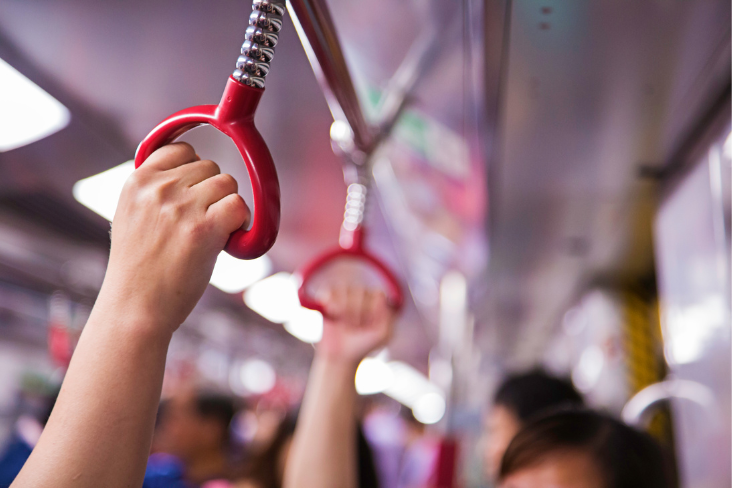Aotearoa’s current public transport ‘difficult or impossible’ for those with disabilities
18 January, 2024
Interview by Olivia Bing, adapted by Kate Walker
Disabled Persons Assembly NZ policy advisor, Peter Brown, says accessibility issues for those with disabilities using public transport need to be recognised and addressed.
When transport options like using a private vehicle or getting an Uber or taxi are inaccessible, many people rely on public transport to get around.
But Disabled Persons Assembly NZ policy advisor, Paul Brown, told 95bFM’s The Wire that the needs of disabled people are often neglected by our public transport system.
“Travel of disabled people is undervalued and not understood by the transport sector.”
According to Brown, inaccessible and inaccurate information online and in-person make it difficult for those with disabilities to plan trips.
“The information at bus stops is not always accessible. Either the screens are not showing, or the timetable to know what bus is coming.”
"As a blind person… I just stop every bus because there is no way of knowing really.”
Brown says many buses lack disability-friendly infrastructure, making it difficult for wheelchair users in particular to get on and off buses.
“Even if the bus comes. There are drivers who either don't care or are running to timetables so quickly that they don't stop for a wheelchair user. It just makes it difficult or impossible.”
Brown adds that several transport stops have footpaths in bad condition or are on roads that are difficult, preventing those with disabilities from being able to access them.
Brown says more data is needed about disabled people's travel, so the transport sector can understand what barriers there are.
“We need to start looking at journeys taken, but also the journeys not taken. Why don't disabled people take as many journeys as non-disabled people? What are the issues there?”
“I think more trains would be really helpful. Trains are much easier to make accessible. But of course, they don't go everywhere.”
Brown urges the government and the public transport sector to introduce legislation and systems to address the issues faced by disabled people.
“Some areas are trialling a free companion for some disabled people on buses. That seems to have had some success. It gives people confidence, taking a bus journey with somebody else when otherwise, they might have to take a taxi, which is more expensive.”
“We need a date by which all buses in New Zealand will be accessible to all. There’s a big issue here.”
Public Interest Journalism funded through NZ On Air

 95bFM
95bFM 

